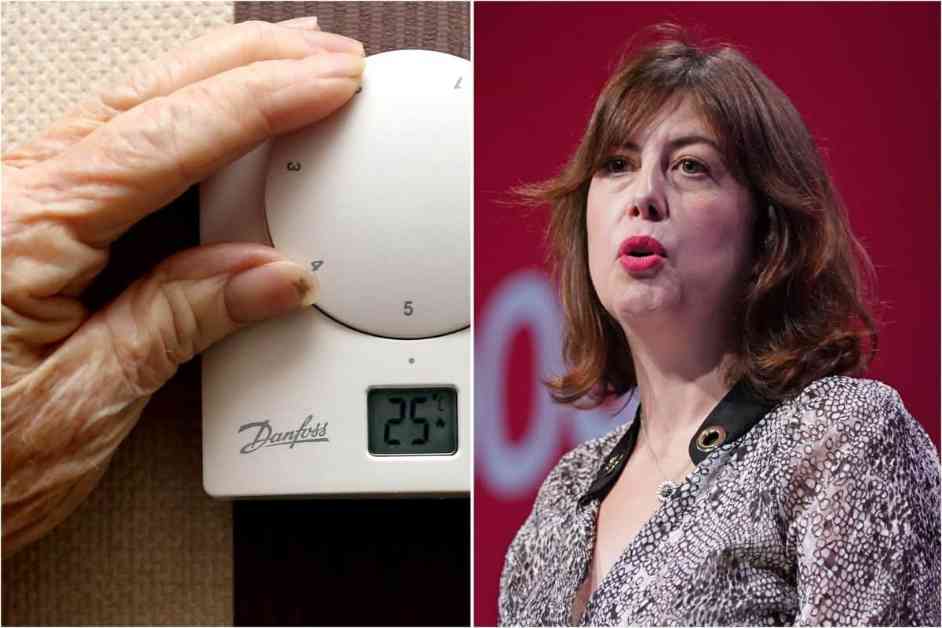The decision to means-test winter fuel payments for pensioners in the UK has sparked controversy, with Commons Leader Lucy Powell defending the move as necessary to prevent an economic catastrophe. The Labour government inherited a £22 billion black hole in public finances, leading to tough decisions to address the issue.
According to Ms Powell, failure to make these difficult choices could have resulted in a run on the pound, increased interest rates, and a crashing economy. While critics have compared this approach to austerity measures introduced by former Tory chancellor George Osborne, Labour maintains that it is a different strategy aimed at fixing the economy’s foundations.
From this winter onwards, winter fuel payments will only be available to the poorest pensioners who are on pension credit. The Government has launched a campaign to encourage eligible pensioners to claim the benefit, as around 880,000 pensioners who qualify for pension credit are missing out on an average of £3,900 a year.
Eligible pensioners are urged to use the DWP’s online calculator to determine their entitlement to pension credit, which can help cover additional costs such as housing expenses. The Government emphasises that those in need, including individuals with disabilities, carers, and those responsible for children, could receive extra financial support through pension credit.
The Tories have criticised Labour’s approach, accusing them of evading responsibility for planned tax increases and accusing them of deceiving the public. Shadow Treasury chief secretary Laura Trott called Labour’s strategy a “chicken little” approach and urged the government to allow parliamentary debate on cuts to winter fuel payments.
In light of these developments, it is essential for eligible pensioners to be informed about the changes to winter fuel payments and to consider applying for pension credit if they qualify. By taking these steps, pensioners can access the financial support they need to cover their fuel bills during the winter months.












